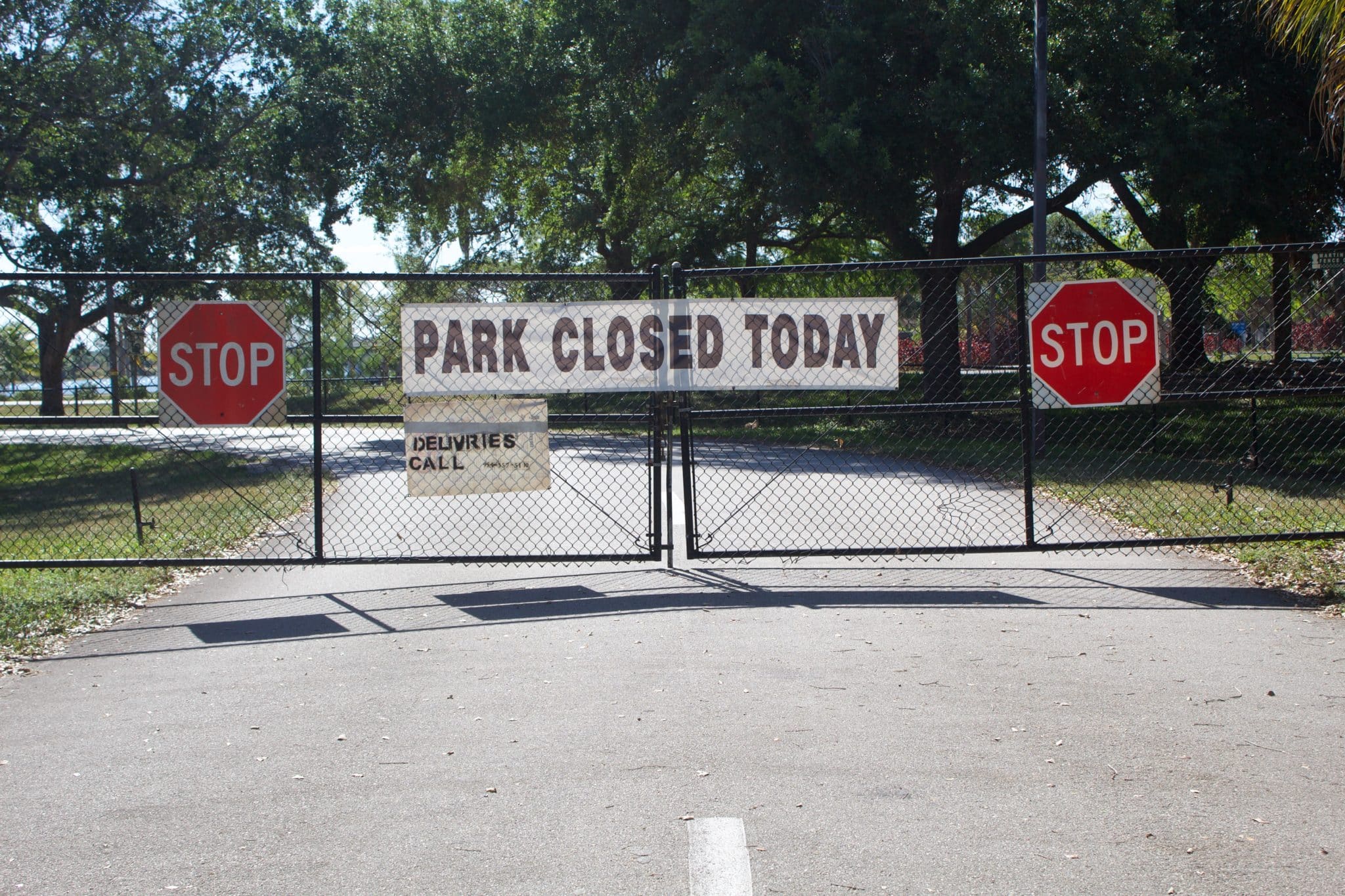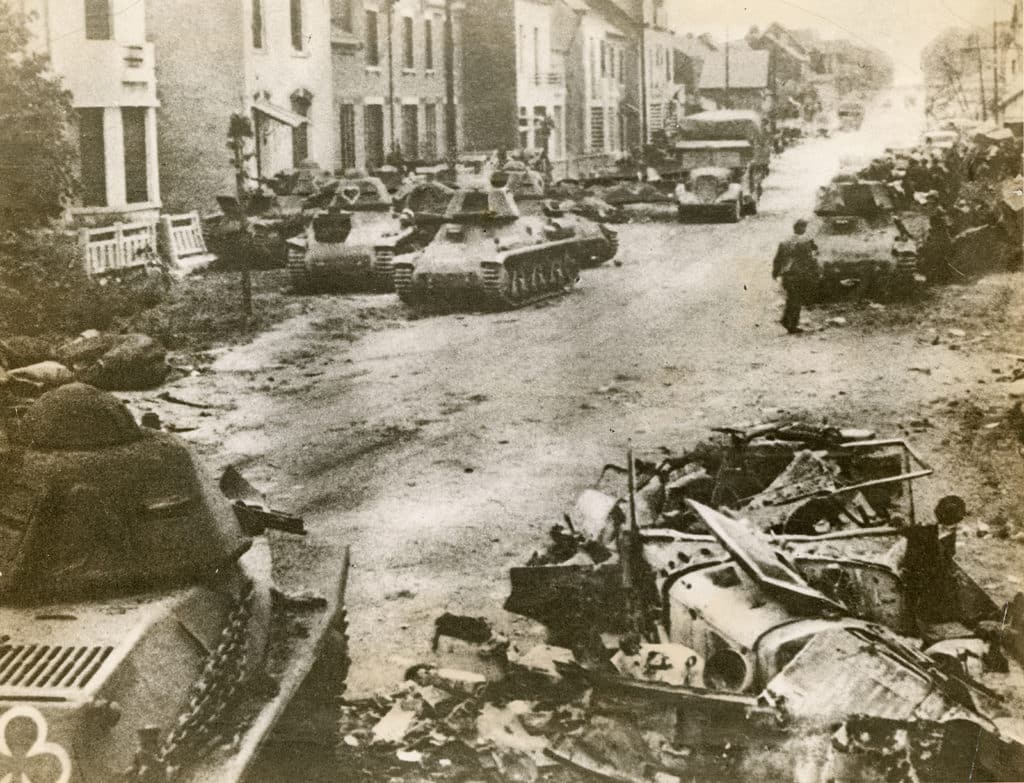(or as I like to refer to it, What Might Redemption Look Like?)
A recent book came my way bearing the above title. As I read it, I found myself reflecting on the essence of the message imbedded in this title – that Covid19 presents an obstacle which, in many ways, has stopped ministry and life as we thought we knew it.
This relates to our discussions about the pandemic setting we are all grappling with (in some form or another) and possibly has a response that we often overlook.
The elements are not unique to any one of us:
- fear (showing itself in anxiety and fatigue from very little change or official hope, since the messages received are, at best, garbled).
- And then there is anger, depression, grief (all mainly negative and debilitating, thus robbing us of much “sense of normalcy” and joy).

This idea is rooted in Stoic philosophy (which serves to undergird much of modern-day psychology, sadly though – as psychology, like most science – leaves the idea of a spiritual reality out of the conversation.) Nevertheless, truth is not eliminated, because it is found in general revelation.
Since this is the last in our series of Soul Care focuses, I want to turn our attention to Paul’s writing to Timothy (in 1 Timothy 4:4-6 NASB). In this passage, Paul warns Timothy about how difficult it will be to stay focused on the hope that following Christ affords. In the midst of this, he reminds Timothy:
“For everything created by God is good, and nothing is to be rejected, if it is received with gratitude; for it is sanctified by means of the word of God and prayer. In pointing out these things to the brethren, you will be a good servant of Christ Jesus, constantly nourished on the words of the faith and of the sound doctrine which you have been following.”
Since much of the Christian message is “upside down” to the general way the world functions – and often surprising to those who choose Jesus – it should not startle us to realize the following:
We are equipped to face down the “natural” negative reactions to this pandemic (and actually any crisis) and see the opportunity that lies at the core of this ‘obstacle.’
In the above text Paul uses the word sanctified, which I use the shorthand phrase, ‘using something the way it was designed to be used’.

On that note, how can we begin to redeem, or sanctify, any and every obstacle by ‘seeing’ the opportunity provided – and not what appears to stand in the way?
“The obstacle in the path becomes the path. Never forget, within every obstacle is an opportunity to improve our condition.”
I wrote a book based, in part, on the idea that substantive to following Jesus was peace, freedom and joy. Then I turned around in my spiritual experience and found so very few who exhibited such.
Why is that? Maybe we have fallen prey to thinking that there is something good or meaningful about an obstacle when what Jesus appears to do is enter the distortion or obstacle of His Father’s good creation with us in order to redeem and thus sanctify it!” Jesus certainly does not avoid or become stymied by such barriers rather does what Robert Frost observes, “the only way out is through.” Jesus went through the cross for our sanctification and each barrier poses the same opportunity today.
How can we get to this place in our lives sooner rather than later? Maybe, just maybe it is by seeing that we are charged with just such redemptive acts as co-regents with God on this earth waiting for His return.
In situations like what we are all facing right now, talent is not the most sought-after characteristic. Grace and poise are, because these two attributes precede the opportunity to deploy any other skill.
Regardless of how much actual danger we’re in, stress puts us at the potential whim of our baser—fearful—instinctual reactions. Don’t think for a second that grace and poise and serenity are soft attributes. Ultimately, nerve is a matter of defiance and control. But, nerve, on the other hand, is also a matter of acceptance.

Rule over yourself.
Isn’t this what Paul was wrestling with in 2 Corinthians 12:9, where he is told that God’s “grace is sufficient, for power is perfected in weakness”?
Fear is debilitating, distracting, tiring, and often irrational, but we can use the power of perspective to defeat it. In Romans 12:2, again Paul, tells us that changing our perspective is where the battle is fought, and essentially what repentance means: to change our viewpoint.
Remember: We choose how we’ll look at things. We retain the ability to inject perspective into a situation. We can’t change the obstacles themselves—that part of the equation is set—but the power of perspective can change how the obstacles appear.
How we approach, view, and contextualize an obstacle and what we tell ourselves it means, determines how daunting and trying it will be to overcome. It’s your choice whether you want to put “I” in front of something (i.e. “I hate public speaking.” “I screwed up.” “I am harmed by this.”). These add an extra element: you in relationship to that obstacle, rather than just the obstacle itself. And with the wrong perspective, we become consumed and overwhelmed with something actually quite small.

So why subject ourselves to that?
Interestingly, recovering addicts learn the Serenity Prayer:
The courage to change the things I can,
And the wisdom to know the difference.”
This is how they focus their efforts. It’s a lot easier to fight addiction when you aren’t also fighting the fact that you were born, that your parents were monsters, or that you lost everything. That stuff is done. Delivered. Zero in one hundred chances that you can change it.
So, what if you focused on what you can change? That’s where you can make a difference. Behind the Serenity Prayer is a two-thousand-year-old Stoic phrase: “ta eph’hemin, ta ouk eph’hemin.” What is up to us, what is not up to us?
What IS up to us?
Our emotions
Our judgments
Our creativity
Our attitude
Our perspective
Our desires
Our decisions
Our determination
This is our playing field, so to speak. Everything there is fair game.
What is NOT up to us?
Well, you know, everything else:
The weather
The economy
Circumstances
Other people’s emotions or judgments
Trends
Disasters
Covid19, et cetera.

Focusing exclusively on what is in our power magnifies and enhances our power. But every ounce of energy directed at things we can’t actually influence is wasted—self-indulgent and self-destructive. So much power—ours, and other people’s—is frittered away in this manner.
Yet in our own lives, we aren’t content to deal with things as they happen. We have to dive endlessly into what everything “means,” whether something is “fair” or not, what’s “behind” this or that, and what everyone else is doing. Then we wonder why we don’t have the energy to actually deal with our problems. Or we get ourselves so worked up and intimidated because of the overthinking, that if we’d just gotten to work, we’d probably be done already.
I am going to let you read an application of this that took place during WW2. I find that there really is nothing new under the sun, but (alas) each generation seems to have to re-learn the same lessons.
One of the most intimidating and shocking developments in modern warfare was the German Blitzkrieg (lightning war). In World War II, the Germans wanted to avoid the drawn-out trench fighting of previous wars. So, they concentrated mobile divisions into rapid, narrow offensive forces that caught their enemies completely unprepared. Like the tip of a spear, columns of panzer tanks rushed into Poland, the Netherlands, Belgium, and France with devastating results and little opposition. In most cases, the opposing commanders simply surrendered rather than face what felt like an invincible, indefatigable monster bearing down on them.
The Blitzkrieg strategy was designed to exploit the flinch of the enemy—he must collapse at the sight of what appears to be overwhelming force. Its success depends completely on this response. This military strategy works because the set-upon troops see the offensive force as an enormous obstacle bearing down on them. This is how the Allied opposition regarded the Blitzkrieg for most of the war. They could see only its power, and their own vulnerability to it.

Striding into the conference room at headquarters in Malta, General Dwight D. Eisenhower made an announcement: He’d have no more of this quivering timidity from his deflated generals. “The present situation is to be regarded as opportunity for us and not disaster,” he commanded. “There will be only cheerful faces at this conference table.” In the surging counteroffensive, Eisenhower was able to see the tactical solution that had been in front of them the entire time: the Nazi strategy carried its own destruction within itself. Only then were the Allies able to see the opportunity inside the obstacle rather than simply the obstacle that threatened them.
Properly seen, as long as the Allies could bend and not break, this attack would send more than fifty thousand Germans rushing headfirst into a net—or a “meat grinder,” as Patton so eloquently put it. The Battle of the Bulge – and before that, the Battle of the Falaise Pocket – both of which were feared to be major reversals and the end of the Allies’ momentum, in fact, were their greatest triumphs.
By allowing a forward wedge of the German army through and then attacking from the sides, the Allies encircled the enemy completely from the rear. The invincible, penetrating thrust of the German Panzers wasn’t just impotent but suicidal—a textbook example of why you never leave your flanks exposed.
More important, it’s a textbook example of the role our own perceptions play in the success or failures of those who oppose us. It’s one thing to not be overwhelmed by obstacles or discouraged or upset by them. This is something that few are able to do.
But after you have controlled your emotions, and you can see objectively and stand steadily, the next step becomes possible: a mental flip, so you’re looking not at the obstacle but at the opportunity within it.
As Laura Ingalls Wilder put it: “There is good in everything, if only we look for it.”
In 2 Chronicles 20 – we find a battle fought by standing and worship
In Ephesians 6 – we are told to stand and pray
In Exodus 14:13 – Moses says “stand by and see”
Within each obstacle lies a potential redemptive act, let’s be a part of that!
No harshness, no deprivation, no toil should interfere with our empathy toward others. Compassion is always an option. That’s a power of the will that can never be taken away, only relinquished.
By His Grace,
Hud